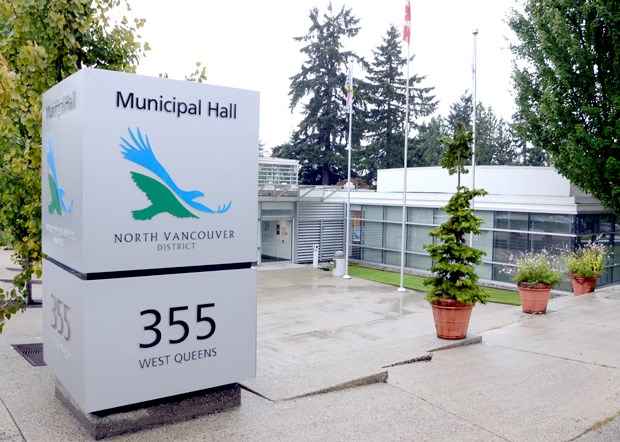Though it may be a political no-go elsewhere on the North Shore right now, the dream of amalgamation is alive and well in the District of North Vancouver.
District council members met Monday night to put some fresh attention on the North Shore Reunification Committee’s report, originally tabled just before the 2014 municipal elections.
Over six weeks, the nine-member citizens committee laid out all the foreseeable issues any real study into amalgamation would have to address if the City of North Vancouver and district were to be reunited after being separated in 1907.
Among the areas to be tackled: governance, finances, operations, planning and regulations, and culture. Although, as the committee noted, the main questions North Vancouver citizens will have will come down to: Taxes, up or down? Public services, up or down? And will the new municipality better serve citizen and community interests?
The long-standing belief on the North Shore is that city residents would have the most to lose from amalgamation as they would be on the hook for the services to the more sprawling district.
Amalgamations of municipalities in other provinces have resulted in higher costs, as municipal worker pay and service levels tend to be harmonized upward.
But, closer to home, smoother amalgamations have happened, Coun. Doug MacKay-Dunn noted, pointing to the Abbotsford-Matsqui example from 1995. Carrying out a detailed study would result in a “bulwark against those who don’t want change,” he added.
For Coun. Lisa Muri, that mostly meant city council members. “I’m quite convinced that the majority of people in North Vancouver are all in favour of this. I don’t think I’ve heard dissension from residents. I think once you explain to them some of these things and some of these challenges, they’re quite on board,” she said.
Muri said she would support the district conducting a poll of residents in both North Vancouvers to demonstrate that to doubters.
“I really think that’s what we need to do in North Vancouver — to continue to pressure those politicians that have concerns and say the people in both the city and district of North Vancouver would like this information on the table for them to make an accurate and educated decision on this,” she said.
While the committee’s report is a good road map for an ambitious process, Coun. Robin Hicks warned against going ahead with any more detailed (and costly) study without having the city on board. “I don’t think you’ll get very far trying to force the issue,” he said.
At most, the two other councils have only shown an interest in pursuing more “shared services,” something Coun. Roger Bassam appeared to be growing weary of.
“Shared services are extremely popular among governments when it involves when it involves transferring a cost to the other constituency and keeping services levels high,” he said, noting that on “too many” occasions, district residents have had to bear a disproportionate amount of the cost of shared services.
The benefits of amalgamation, Coun. Jim Hanson argued, transcend dollars and cents.
“There are many benefits — cultural benefits, planning benefits of uniting the North Vancouvers and in my view, it’s a widely supported concept on the North Shore,” he said.
“From my point of view, amalgamation is a priority. History is on the side of amalgamation. Eventually the North Shore will be united. We will be together. We’ll think together as one people in addressing our problems.”
Council is expected to return to the reunification debate after the summer break.



